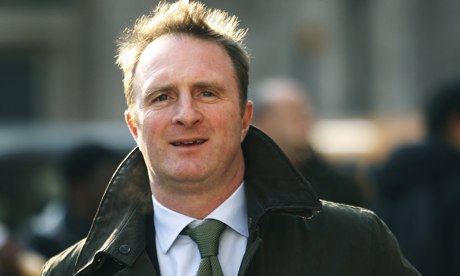
James Harding, once editor of the Times and now head of BBC News, used to cover media at the FT, so he talks the online talk with aplomb: "Twitter is a modern telegram, YouTube is Candid Camera, and Instagram a Polaroid picture." And there are competitors like NowThis News, "which delivers news in six-, 15- or 30-second videos", Geofeedia and Touchcast.
Harding's WT Stead lecture last week was a sumptuous smorgasbord of these and other digital delights, showing how thoughtful and open to change he can be. There's an intellect at work here. The question is how far he'll allow it to range – and how far that will be permitted in any case.
For remember, he went on, the BBC runs 39 local radio stations, 12 regional TV teams, national and global 24-hour TV channels, a 24/7 website, news and documentary programmes seen by 80% of the UK population, the World Service, World News TV, and news in 27 languages, reaching 250 million people. And all with one guiding light: "We are trusted, for trust is our most prized issue – and the key to our future."
Pause for sucked thumb. This may not quite be prime trust time as the courtroom doors open on bedraggled stars of yesteryear. But nor is a giant red newsroom a symbol of digital's future. The news Harding wants to make needs feisty flair as well as heft. Launch huge investigations, to be sure, but ask the extra questions day by day. For instance: were all those frighteningly fat extrapolations from the Obesity Forum absolutely solid or a campaigning projection too far?
I don't know the answer of course. But why leave finding it to Spiked and other feisty internet spirits, mere rowing boats alongside the Portland Place QE2? John Humphrys fluted a familiar refrain in a speech the other day: "The BBC is far too big." And, he might have added, most of the best thinking on the net is small.

